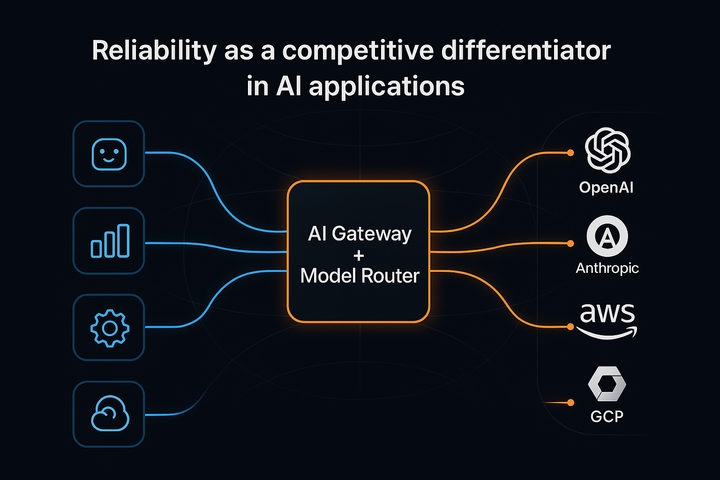ReAct: Synergizing Reasoning and Acting in Language Models - Summary
The paper introduces ReAct, a novel prompt-based paradigm that synergizes reasoning and acting in language models for general task solving. ReAct generates both verbal reasoning traces and actions in an interleaved manner, allowing the model to perform dynamic reasoning to create, maintain, and adj
Arxiv URL: https://arxiv.org/abs/2210.03629
Authors: Shunyu Yao, Jeffrey Zhao, Dian Yu, Nan Du, Izhak Shafran, Karthik Narasimhan, Yuan Cao
Summary:
The paper introduces ReAct, a novel prompt-based paradigm that synergizes reasoning and acting in language models for general task solving. ReAct generates both verbal reasoning traces and actions in an interleaved manner, allowing the model to perform dynamic reasoning to create, maintain, and adjust high-level plans for acting, while also interacting with external environments to incorporate additional information into reasoning. The approach is evaluated on four diverse benchmarks and outperforms prior approaches that perform either reasoning or action generation in isolation.
Key Insights & Learnings:
- ReAct combines reasoning and acting in language models for general task solving
- ReAct generates both verbal reasoning traces and actions in an interleaved manner
- ReAct outperforms prior approaches that perform either reasoning or action generation in isolation on four diverse benchmarks
- ReAct improves model interpretability, trustworthiness, and diagnosability
- ReAct has potential for further improvement with additional training data
Advantages:
- Performance:
- ReAct outperforms existing methods on multiple benchmarks
- Works well with minimal training examples
- Reduces hallucination through grounded interactions
2. Usability:
- ReAct is easy to implement and customize
- Works with various language models
- ReAct requires minimal prompt engineering
- Supports human intervention and correction
Limitations:
- Requires more computational resources
- ReAct may not transfer well between different models
- Performance of ReAct depends on quality of examples
- ReAct may need task-specific prompt tuning
Terms Mentioned: large language models, reasoning, acting, chain-of-thought, task solving, prompting, interpretability, trustworthiness, diagnosability
Technologies / Libraries Mentioned: Google Research, Princeton University



